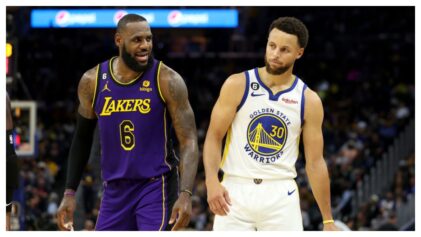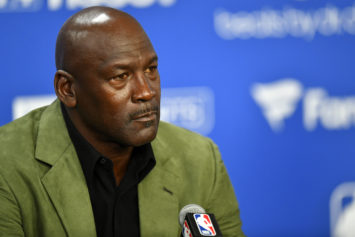Perhaps it is our fault for pouring more into the athletic prowess of an athlete than they wanted. The power of hardwood dominance in the paint or explosive back serves on the Wimbledon green imbue more influence over us mere athletic mortals.
However, all admiration comes at a cost to the admired, and for both Naomi Osaka and Giannis Antetokounmpo, that cost has been mental health.
Mental Health Is The New Normal
“I started doing it when I was 18,” said Giannis to GQ Sports. “When you’re that young and you’re doing it, people don’t understand the amount of pressure because, at the end of the day, you don’t only have to perform and be the best, you have the big brand that you got to f**king carry on your shoulder.”
“You have your own country, Japan, that you got to carry on your shoulder. Or Greece, in my case. You have all these people that you got to take care of.”
Since entering the NBA at 18 years old, Giannis has had to represent Greece as the “Greek Freak” and fill the star chasm missing in Milwaukee. Although he led the Bucks to their first NBA championship since 1971 last year, the back-to-back MVP knew it was expected of him.
The Osaka Factor
Similarly, after Naomi Osaka defeated her idol, Serena Williams, at the 2018 U.S. Open Finals, becoming the first-ever Japanese Grand Slam champion, she revealed her battles with anxiety and depression.
In her Netflix documentary, “Watch Naomi Osaka”, intimate moments showed Osaka constantly concerned about the pressures of being a superstar.
This pressure is compounded by the issues of identity as a biracial youth and being a symbol for both Japan and Haiti.
For more on the journey’s of Giannis and Naomi Osaka and how they approach their mental health challenges, click here.


